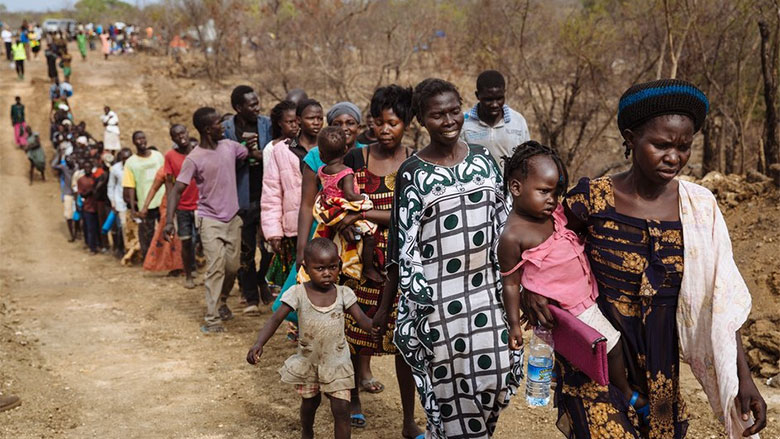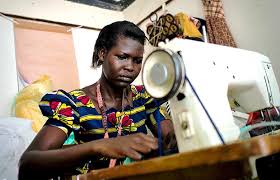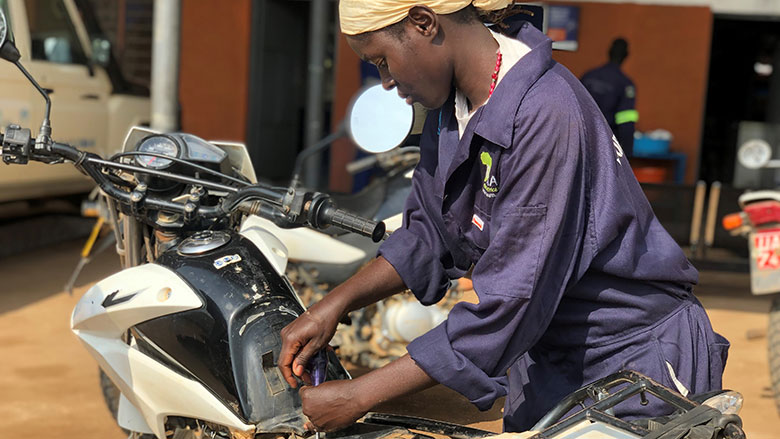On 04 July 2017, the Delegation of the European Union to Uganda held its bi-annual Structural Dialogue meeting with Civil Society Organisations. The dialogue focussed on the recent refugee crisis and ran under the title ‘The Civil Society Response to the Uganda Refugee and Migration Situation’.
The conference featured introductory remarks by EU Head of Delegation to Uganda, H.E Ambassador Kristian Schmidt and Mr. Godbar Tumushabe representing the Civil Society in Uganda.
“The European Union greatly values the relationship with the civil society. This is why, over the last two decades, the partnership between the EU Delegation and CSOs in Uganda has expanded on all fronts,” said Amb. Schmidt. “Over my last 3.5 years here in Uganda, I have seen the relevance and growing competence of an empowered civil society. It is crucial to any democratic system, but I believe it has never been more crucial than now. Uganda faces opportunities, but checks and balances are under pressure, whether in politics, economic life or environmental sustainability.”
Amb. Schmidt offered EU commitment and support to CSOs and said: “We will continue to provide support to CSOs, not only in service delivery but also in building civil society’s capacity for dialogue and advocacy work. Our commitment will be further strengthened through the 25million Euro ‘Civil Society Support Programme; implementation of which we expect to commence within the next couple of months.”
The dialogue was enriched with the presence of key note speaker (Dr. Busingye Kabumba, Makerere University) and three panellists Ms. Helen Kezie-Nwoha (Executive Director, Womens International Cross cultural exchange Uganda), Mr. Francis Iwa (Care & Assistance for Forced Migrants, a local CSO) and Mr. David Othieno (Safer World, an International organisation). The event was attended by representatives of over thirty CSOs, four EU Member States and members of the academia.
Dr. Busingye Kabumba gave a key note address, setting the scene for the panel discussion. In his address he dwelt heavily on the newly adopted EU Consensus document and highlighted themes relevant for the discussion. The interlinkage between the themes of forced migration and human dignity were well underlined.
The discussion had several important conclusions including the following; a shift to addressing the root causes of the conflict, the inclusion of South Sudanese CSOs in the process, role of women in conflict resolution and the need to adopt a more sustainable approach in dealing with the influx of refugees in Uganda among others.
“The European Union has stood beside Uganda from the very onset of the refugee situation by providing financial support both for immediate humanitarian life-saving activities as well as for long-term development needs – for refugees as well as host communities,” said Amb. Schmidt. “ECHO, our humanitarian office has returned to Uganda, having left at the end of the LRA insurgency.”
See in full:





























